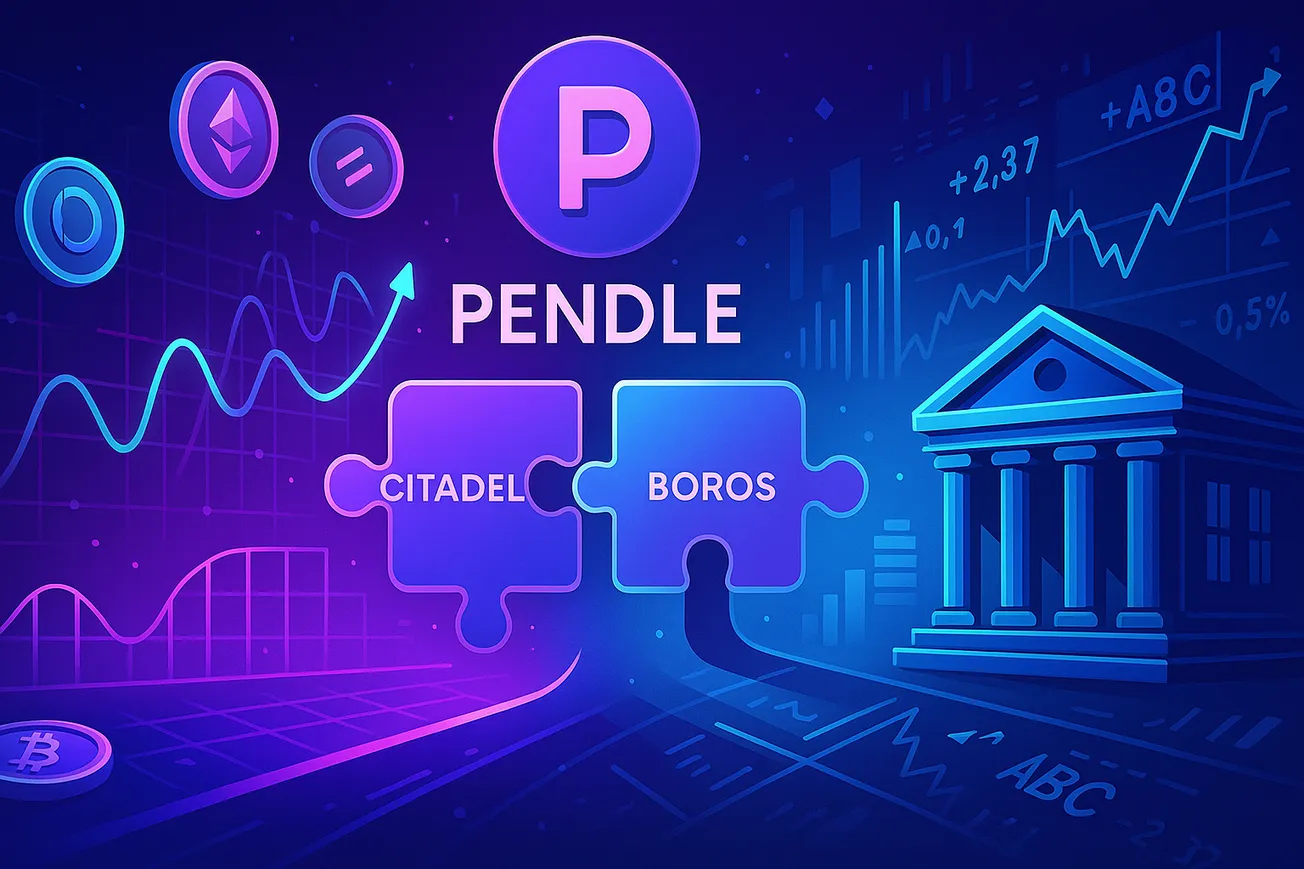Table of Contents

In the rapidly evolving world of blockchain technology and cryptocurrency, Initial Coin Offerings (ICOs) have emerged as a significant funding mechanism for startups and established companies alike. But what exactly are ICOs, and how do they work? This article aims to demystify ICOs, providing you with a comprehensive understanding of this innovative fundraising model, its benefits, risks, and future potential.
What Are Initial Coin Offerings (ICOs)?
An Initial Coin Offering (ICO) is a type of fundraising campaign that allows companies to raise capital by issuing their own tokens or coins to investors. These tokens are usually built on an existing blockchain platform, such as Ethereum. Investors purchase these tokens with cryptocurrencies (like Bitcoin or Ethereum) or sometimes fiat currency. In return, they typically gain the right to use the tokens within the company’s ecosystem, or they may hold them as speculative investments with the hope that their value will increase.
The Process of an ICO
The ICO process generally includes several key stages:
- Whitepaper Release: The company prepares a detailed document, known as a whitepaper, which outlines the project, its purpose, the technology behind it, the team involved, and the roadmap for development. This document is crucial for informing potential investors.
- Token Creation: Based on the blockchain's protocol, the company creates its tokens, defining their total supply, distribution mechanism, and any special functionalities.
- Marketing Campaign: To attract investors, companies launch marketing efforts that may include social media promotion, partnerships, and community engagement to generate buzz around the ICO.
- The ICO Launch: Once preparations are complete, the ICO goes live, and investors can purchase tokens during the defined period.
- Post-ICO Developments: After the ICO concludes, the company uses the funds raised to execute its business plan, constantly updating investors on the progress.
Advantages of ICOs
1. Access to Capital
For startups and projects with limited access to traditional funding sources, ICOs provide a unique opportunity to access capital from a global pool of investors without going through traditional financial institutions.
2. Decentralized Funding
ICOs leverage blockchain technology, allowing them to benefit from a decentralized fundraising mechanism that reduces costs and plays a part in fostering innovation in financial systems.
3. Investor Engagement and Community Building
By participating in an ICO, investors become stakeholders in the project's success, often leading to a passionate community that supports and advocates for the project. This engagement can enhance the project's visibility and credibility.
Risks Involved in ICOs
1. Regulatory Uncertainty
As ICOs are relatively new, they often operate in a somewhat obscure regulatory environment. Different countries have varying regulations concerning cryptocurrencies, which might put investors and projects at risk of regulatory action.
2. Potential for Fraud
The ICO boom has unfortunately led to scams and fraudulent schemes. Investors need to perform due diligence to separate legitimate projects from malicious scams. Reading the whitepaper, researching the team, and checking community feedback are essential steps before investing.
3. Market Volatility
The cryptocurrency market is known for its extreme price fluctuations. Tokens purchased during an ICO may experience drastic price changes both shortly after launch and over time, which can pose a significant risk for investors.
The Future of ICOs
Despite the risks, ICOs have laid the groundwork for new forms of capital raising, and their evolution is underway. As regulatory frameworks become clearer and more defined, we can expect to see improved investor protections and transparency in the process.
Innovations like Security Token Offerings (STOs) and regulated Initial Exchange Offerings (IEOs) are popping up as more secure and compliant alternatives to traditional ICOs, potentially expanding the market's viability and appeal.
Conclusion
Initial Coin Offerings (ICOs) represent a disruptive shift in how companies can raise funds and engage with their communities. Although there are inherent risks, the rewards can be significant for both startups and investors alike when approached thoughtfully. Educating yourself about the process, thoroughly researching projects before investing, and staying informed about the evolving regulatory landscape will empower you to make informed decisions in this burgeoning ecosystem.
In summary, understanding ICOs is not just about recognizing the mechanics of fundraising but also grasping their potential impact on the financial world. As technology advances, ICOs could very well be the gateway to a decentralized future where innovation thrives and capital flows more freely.
By Wolfy Wealth - Empowering crypto investors since 2016
📊 Expert Market Analysis
📈 Exclusive Trade Signals
🕵️♂️ Early Access to Research
Instagram Youtube TwitterX
Disclosure: Authors may be crypto investors mentioned in this newsletter. Wolfy Wealth Crypto newsletter, does not represent an offer to trade securities or other financial instruments. Our analyses, information and investment strategies are for informational purposes only, in order to spread knowledge about the crypto market. Any investments in variable income may cause partial or total loss of the capital used. Therefore, the recipient of this newsletter should always develop their own analyses and investment strategies. In addition, any investment decisions should be based on the investor's risk profile.








